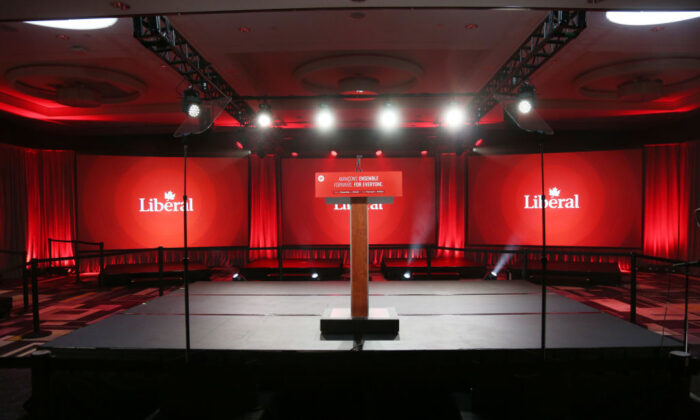Liberal Party Enters Leadership Race with Inclusive Voting Rules for Foreign Nationals
The Liberal Party will choose its new leader in the upcoming months, amidst concerns that Beijing has exploited the rules in the past to influence riding nomination contests in favor of certain candidates.
The leadership race is set to begin soon, following Prime Minister Justin Trudeau’s announcement on Jan. 6 that he will step down once the new leader is elected.
To vote in the Liberal leadership race, individuals are expected to show proof of party affiliation and a Canadian residential address. This means that foreign students, temporary workers, and even individuals with expired visas could potentially participate in selecting the next party leader.
According to the party bylaws, registration in the Liberal Party of Canada is open to all without discrimination based on various factors. To participate in leadership races, individuals must have been registered with the party at least 41 days before the voting day, as outlined in the Liberal Party constitution.
‘Vulnerability’
Concerns about foreign nationals influencing Canadian democratic processes have been raised, particularly in relation to the 2019 Liberal nomination contest in the Don Valley North (DVN) riding of Toronto, as detailed in Commissioner Marie-Josée Hogue’s interim report from May 2023.
Dong, who later became an Independent amidst the allegations, denied any knowledge of PRC officials supporting his campaign.
The final report from the commission, expected by the end of January, is likely to propose measures to enhance the integrity of party races.
Security agencies have also identified nomination races as potential targets for foreign interference.
During his testimony at the interference commission, Liberal Party national director Azam Ishmael defended the party’s approach and inclusivity in allowing individuals to participate in nomination races without citizenship or permanent residency requirements.
The Epoch Times has reached out to the Liberal Party for comment but has not received a response.





